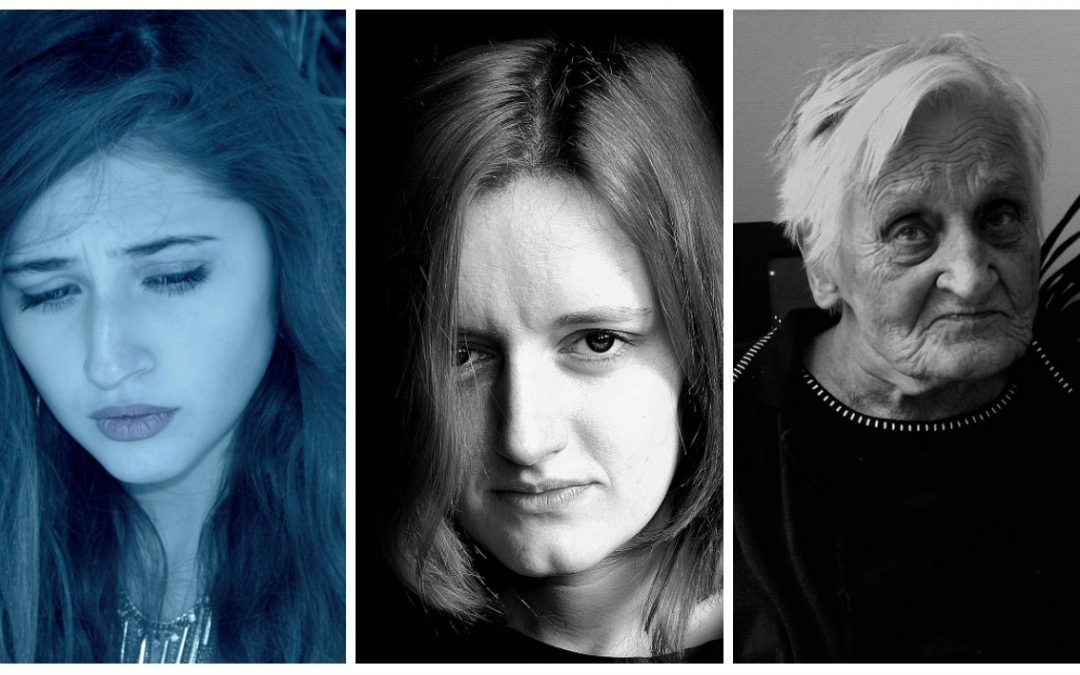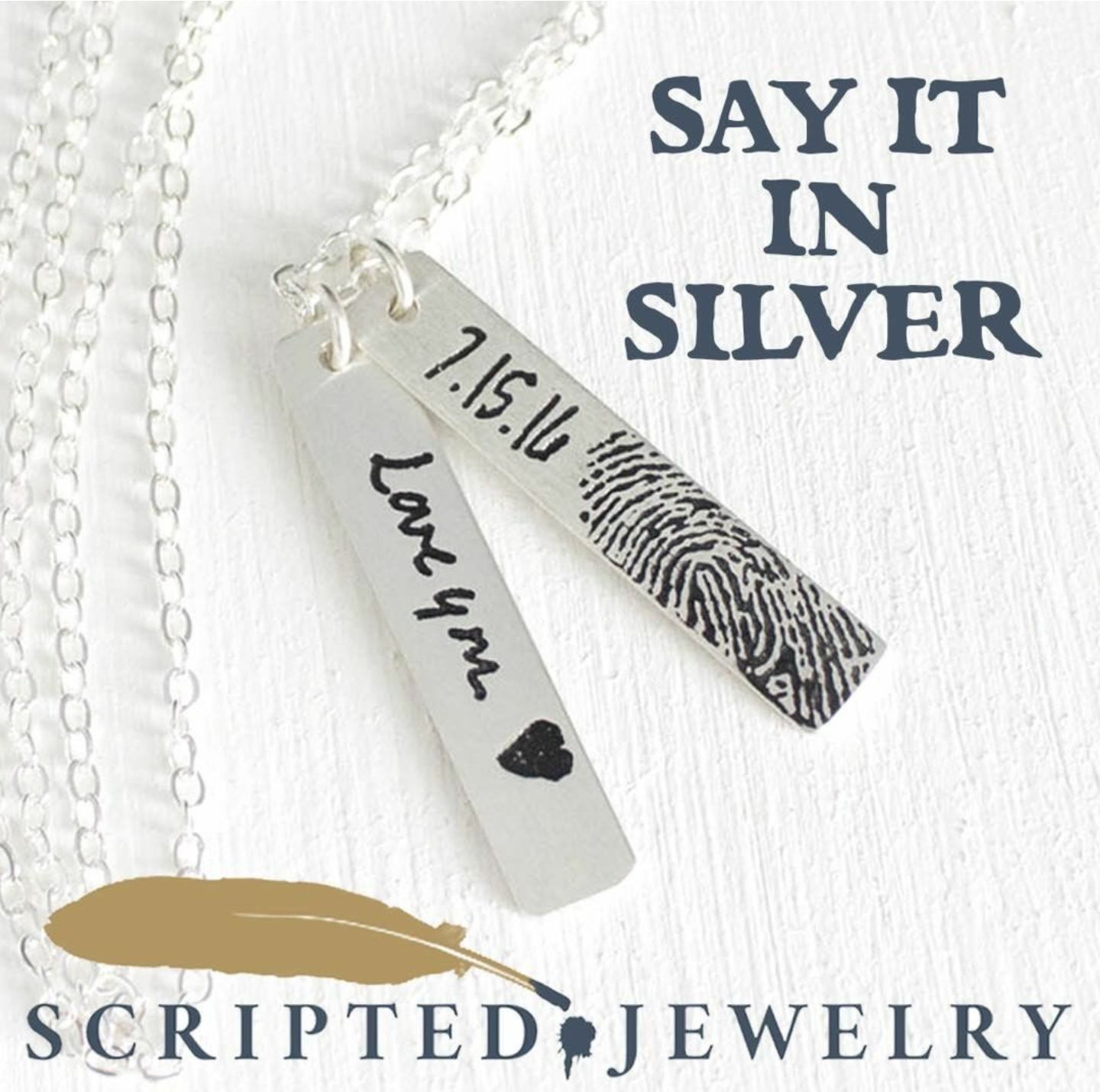Someone I hadn’t spoken to in a few years recently reached out to me. During our conversation, he asked if I was still writing. I explained that in addition to writing as part of my day-to-day responsibilities at work, I was also blogging for The Huffington Post.
“What’s the blog about,” he inquired.
“Widows and the widowed community,” I replied.
“Oh, so you interview the widows you meet in your 9-5?” he asked referring to my work in luxury senior housing.
“No, I write about widows…like myself,” I said.
“Widows!” he said puzzled. “Oh, I forgot you are widowed. I was thinking “widow” as in someone in her 80’s”
Admittedly, prior to becoming widowed at 32, the only widows and widowers I’d ever met were in fact those in their golden years. Heck, the closest I’d ever come to knowing a young person who lost her partner was when a classmate’s boyfriend died in a tragic accident.
Even after being widowed I was still naïve. I recall filling out paperwork after I bought a new house and being asked a series of questions. One of them was about my relationship status. I sadly checked the “widowed” box.
Once the form was submitted, I was prompted to print a copy for my personal records. As I flipped through the pages of the finalized form, I saw there was a $500 deduction next to the “widowed” box. I’m not sure why, but I immediately panicked. I assumed that I had somehow committed fraud by getting this credit. In my mind, the $500 was reserved for seniors who lost a spouse and were unable to pay their property taxes on their own.
I quickly called the number on the top of the form and explained my dilemma to the representative. I told her that I’d seen the deduction on my tax forms and wanted to know if it could be corrected internally since I had already hit the submit button and was unable to make further changes.
“Ma’am, are you widowed?” she asked.
“Yes, but I’m only 36. My husband died 4 years ago,” I said.
“I’m sorry for your loss,” she replied.
Then she said the words that have stayed with me and helped me to accept the word “widow”:
“Whether you’re 90, 70, or even 32, you become a widow when your spouse dies. Being a young widow doesn’t make you any less a widow.”
She was right. The pain of losing your soulmate leaves the same hole in your heart, regardless of age.
From that day on, I’ve stopped downplaying the magnitude of my loss. My age doesn’t make my loss any less significant. My pain is just as valid whether I’m an 18 year old who lost her spouse in an automobile accident, a 40 year old whose spouse succumbs to cancer or an 85 year old who loses her spouse to Alzheimer’s disease.
It’s the same gut-wrenching, soul-twisting pain.
Mom to a feisty preschooler, Kerry Phillips became widowed at age 32. She runs an online support group for young widows and widowers venturing back into the world of dating and is a blogger for The Huffington Post.



A family member of mine is recently widowed– lost her husband in a fatal car crash. 🙁 Being newly married myself, I can’t image being in this position at any time…but especially while young. {For sure, I pray everyday for long happy marriages everywhere}. The dating scene is different from when my parents did it…heck even from a few short years ago. I wish you happiness where ever you find love. 🙂
Shanajaye, please share Soaring Spirits Loss Foundation and Grievances with them. Great organizations that really helped me when I was widowed at 35.
I’m sorry to hear about your family member. Yes, please share as many widowed resources with her as possible: Modern Widows Club, One Fit Widow. Hope she finds a great support group to help her heal.
Great article and so true!
Thank you!
Just like you I was widowed at an early age. I was 33 years old with 4 young children in tow. It wasn’t an easy task to move on.
It has been 12 years since and I’m still moving ahead.
I would be happy to share more if you are interested.
Sorry for your loss, Maria. I’m happy that you’re moving ahead, even if slowly. *Hugs*
I was widowed st 34 when my husband committed suicide. People don’t look at young widows the same.
Yes, I believe many don’t realize that there are so many young widows until it hits close to home. I’m so very sorry about your loss.
Im a widow at the age of 34 leaving 2 kids i lost my husband to suicide 😔
I’m so sorry, Tamara. There are some great groups for widows who lost a spouse to suicide. I hope you’ll connect with others who can relate to your story.